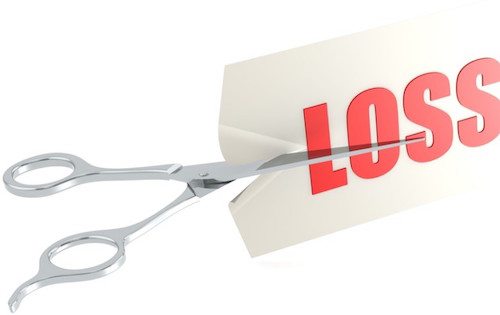You cannot predict the stock market 100 percent of the time, unless you say it’s going up, sideways, and down, then, of course, you’ll be right…You can attempt to forecast the market with less than 100 percent accuracy but you’ll find market predictions to be very difficult even experts cannot foresee all events.
Externalities in the form of wars, skirmishes, storms, natural disasters, and elections can play havoc with the stock market. Just look at what happened to stocks during the credit crisis when banks went under. So a forecast can only forecast the fundamentals of a market, sector, stock, fund.
Unless you can stay in front of the PC all day and not miss a thing, you’ll find it difficult, at best, to try and trade the market. Trading, by our definition, is buying and selling multiple times in a short-term pattern. The idea is to make profits quickly.
Investing, by our definition, is buying and selling over longer periods of time. The idea is to make profits over the long term. The “buy and hold” process.
Of course you must find the right company or fund. Once you have, then you might buy an initial stake. Let’s look at the process with the following examples. In these examples commissions and interest have been left out. Let’s say you have done your research and you have found the right company, this example also works for funds.
Let’s say you found a company named ABC. You have looked over the stock or the prospects, if its a fund, and you have determined that you want to buy it.
Let’s say you have 10,000 shillings for this stock or fund (a goal). Let’s say you buy Kes2,000 worth of the stock that is selling for Kes20 per share. You just bought 100 shares. You have spent Kes2,000, have Kes8,000 left in cash for this goal, and you have 100 shares of ABC.
Lets say over time the stock goes down to Kes16 a share. You decide to buy another Kes2,000 worth of ABC. Why?
Because if this is a good solid company or a fund, and in your review you have no reason to suspect anything other than it’s a great stock or fund, you could better your position by buying more. A good way to make money is to cost-average as the stock goes down in price, you can better your cost basis by buying more shares as the price gets cheaper.
When you turn around a year later, or when you have reached your goal, you stand a better chance of making more money by cost-averaging.
OK, lets back up a little. What happens when you buy the initial position in ABC and ABC goes up in price.
You can leave it alone, let it go up, put your money on another goal or… You can still dollar cost average even while the stock or fund is going up. All you are doing is moving your cost basis up.
The point to all this is to find what works for you. Make a buy/ sell plan. You don’t have to make big bucks overnight. Take the long-term approach, with a plan.
There are plenty of good reputable websites on the internet, like the ones mentioned above, that have in-depth lessons and articles that you can study.
Whatever you do, take the following with you: Be patient. Don’t worry over the ups and downs of the market. Make an investment strategy (plan) and follow it. Diversify, diversify, diversify… Warren Buffett who is a renowned investor didn’t get rich by emotional investing. He made a plan and he followed it. – NIC Securities.










